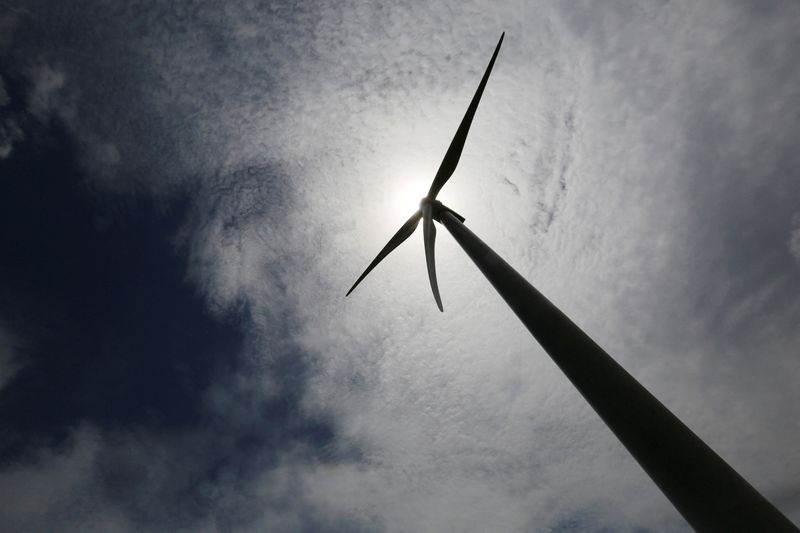WASHINGTON, D.C. – A bailout package for the beleaguered offshore wind industry may be on the horizon, according to energy industry and policy experts. Despite the Biden administration’s subsidies, high inflation, supply chain issues, and logistical difficulties have severely impacted the sector’s financial prospects.
David Blackmon, a veteran of the oil and gas business, stated that the administration and congressional Democrats are likely to allocate billions in debt-funded dollars to rescue the industry. High construction costs, supply chain issues, and the increased cost of borrowing have put the sector in financial distress.
President Joe Biden’s ambitious plan aims for offshore wind to power 10 million American homes by 2030. The current financial environment, however, threatens to derail these objectives. Companies like Siemens Power AG and General Electric have indicated severe financial setbacks, with Siemens negotiating for emergency funding from the German government and GE projecting a loss of $1 billion this year and another $1 billion in 2024.
Orsted, a significant player in U.S. offshore wind developments, recently marked down the expected value of its American portfolio by more than $2 billion. Other developers have paid fines to terminate supply contracts with utility companies, citing deteriorating financial conditions. States like New Jersey have offered tax breaks to offshore wind developers and have joined other states in requesting federal intervention.
New Jersey gave 0rsted a billion dollar federal bailout, according to New Jersey state Senator Edward Durr.
The offshore wind industry’s struggles come a year after Biden signed the Inflation Reduction Act into law, a key piece of his climate policy. The act and subsequent troubles have sparked debate about the government’s role and expertise in market intervention. Daniel Turner, founder and executive director of Power The Future, criticized the government’s lack of proficiency in market operations.
Experts warn that without federal action, the U.S. offshore wind industry could be at risk, complicating the Biden administration’s plans to decarbonize the American energy sector by 2035 and achieve net-zero carbon dioxide emissions by 2050.

